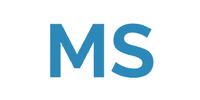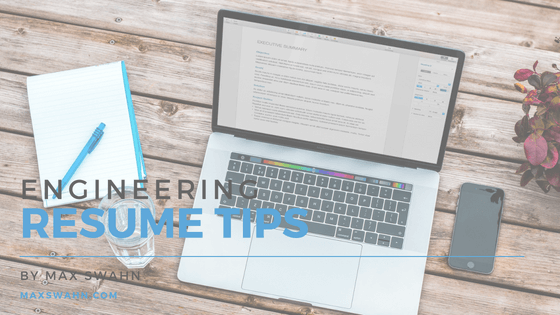As with every spring, recent engineering grads are now fine-tuning resumes and rushing out to interviews. I myself graduated this past spring and have learned a lot over the course of the application process. It’s important to remember that oftentimes your resume can make or break your chances of obtaining a job. It’s the first impression and sometimes the final interaction you will have with a company or recruiter. As a result, it’s important to fine-tune your resume to suit your needs and skills while still keeping it digestible to people outside of your industry sector. When you manage to strike the perfect balance, you only better your chances of scoring an interview and then the job.
Keep it Concise
Too many young (and old) engineers invest all their resume writing time into getting every minuscule detail down on the page. Putting it bluntly, human resource and high-level executives are busy and don’t want to waste their time on inconsequential information. Ensure that all of the content serves a purpose and moves your professional history forward.
Keeping things concise helps to maintain clarity and ultimately achieve your goal of demonstrating why you deserve the job. As HR Coordinator, Andrew Naslund, described to Kim Isaacs, “Resumes get accepted or rejected in 30 seconds or less, so you must be concise.” That being said, it doesn’t always have to mean one page either. If you spill to page two because it’s necessary then there’s no harm.
Consider Readability
When it comes to resumes, readability and organization go hand in hand. You want to provide enough of an explanation and detail on your past experiences without weighing it down or creating confusion and disinterest.
In order to effectively achieve this, chronological order typically works as the standard. Unfortunately, many of the job hunt standards don’t apply to the nuances of engineering. As described on Engineering.com, “That does not necessarily mean that chronological is the best for you as an engineer. Chronology does not take into account things such as your skills set, achievements, organizational advancement and more. As such, a combination format that balances both these and the chronology of your career might be more appropriate so you can highlight specific projects for a greater impact.” Consider your experiences and selling points, then arrange accordingly based on the peak highlights.
No Room for Error
It may sound obvious, but last and definitely not least, there is no room for grammatical and spelling errors. Engineering as an industry doesn’t leave much room for error and a sloppy resume can signal a sloppy work ethic. That’s not the impression you want to send to a potential employer.
Also, don’t misrepresent your experiences or stretch the truth. It will show through. The main thing to remember is that each job and application is unique, so you may find yourself reformatting or highlighting different information. That’s a good thing and it helps you stand out.

